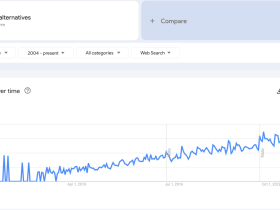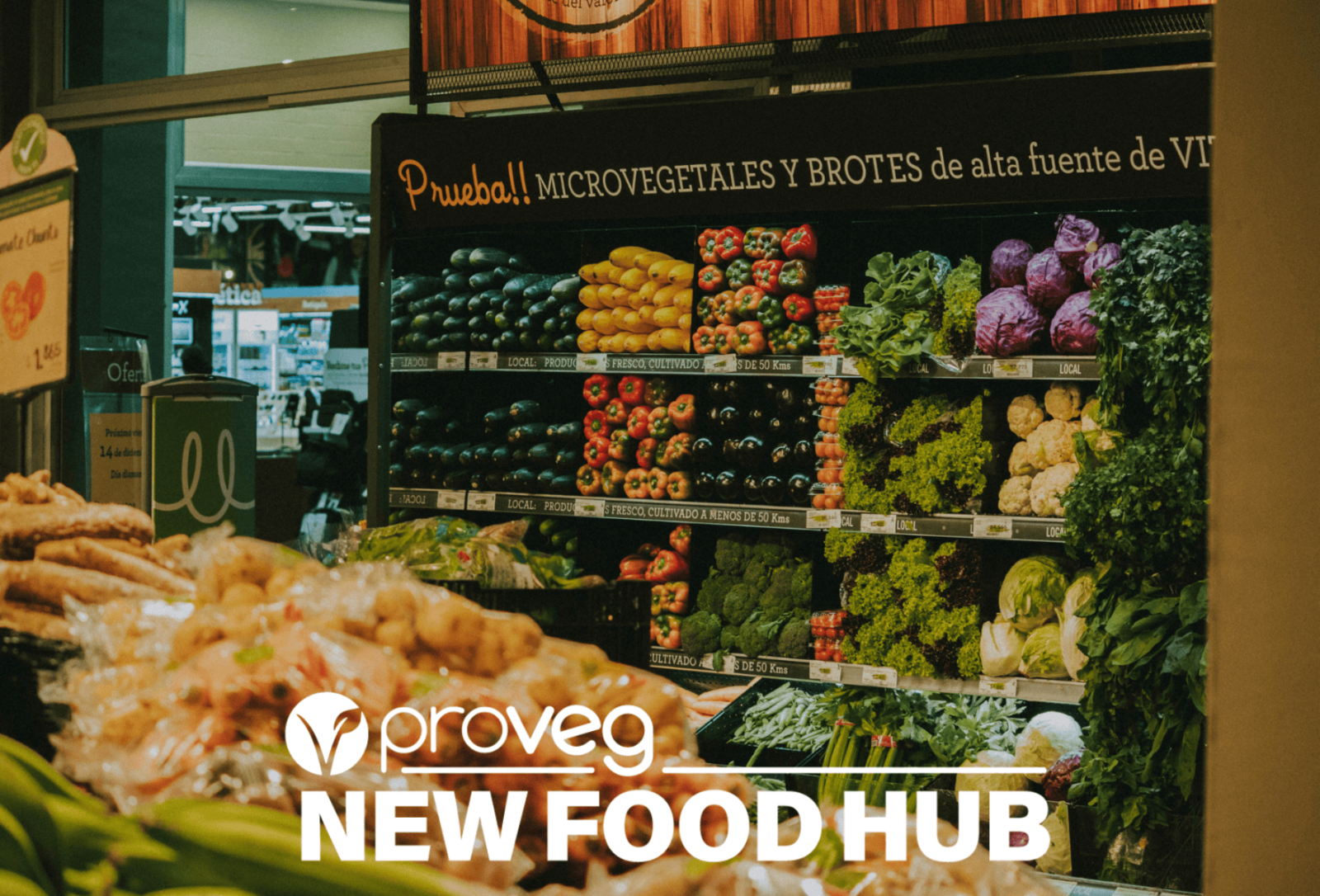Not too long ago, plant-based foods were seen as niche—something only hardcore vegans and vegetarians would consider. Fast forward to today, and plant-based products are taking up more shelf space in supermarkets, finding their way into mainstream diets, and showing impressive growth in both retail and e-commerce.
In 2023, plant-based food sales across six major European markets hit €5.4 billion, reflecting a 5.5% increase from the previous year. But what’s more interesting is that volume sales—the actual number of plant-based products being purchased—grew 3.5%, meaning more people are integrating these products into their regular grocery shopping. Leading the charge? Germany, with an 11% growth rate, showing that European consumers are embracing plant-based options at a steady pace.
Across the Atlantic, the U.S. market tells a slightly different but equally compelling story. While total plant-based food sales reached $8.1 billion in traditional retail, it’s the e-commerce sector that’s really making waves. Online sales of plant-based foods hit $394 million in 2023, growing 16.4% over the past three years. That’s a big deal because it shows that as consumers shift their shopping habits online, they’re also adding more plant-based options to their carts.
Several factors are driving this shift, and it’s not just about people wanting to eat healthier. Here’s what’s pushing plant-based foods further into the mainstream:
For years, plant-based eating has been associated with lower risks of heart disease, diabetes, and even certain cancers. But now, the conversation has expanded to include gut health and fiber intake. With more people becoming aware of how their diets impact their digestion, plant-based foods—which are naturally high in fiber—are an easy sell.
It’s no secret that meat production is resource-intensive. From deforestation to greenhouse gas emissions, the environmental impact of meat consumption is a growing concern. Consumers, especially younger generations, are looking for ways to reduce their carbon footprint, and swapping a few meals a week with plant-based alternatives is a simple, effective way to do that.
Supermarkets and grocery stores have taken notice of consumer demand. Lidl GB, for example, recently introduced 28 new plant-based products and has an ambitious goal: by 2030, 25% of its total protein sales will come from plant-based sources. That’s a significant shift that signals a long-term commitment rather than just a passing trend.

While traditional retail is still the dominant sales channel for plant-based foods, e-commerce is proving to be a major player in shaping consumer habits. Shopping online allows for more variety, convenience, and discovery. Brands selling through platforms like Amazon or their own direct-to-consumer sites can offer bundles, subscriptions, and exclusive online-only products that traditional grocery stores can’t always match.
This shift in shopping behavior also reflects broader changes in how people consume information and make purchasing decisions. Social media, influencer recommendations, and digital marketing play a huge role in convincing people to try new foods, and online shopping makes acting on those impulses easier than ever.
Despite all this growth, the plant-based food sector still faces hurdles. Some of the biggest challenges include:
- Price Sensitivity: Many plant-based products are still priced higher than their animal-based counterparts. While consumers may be willing to pay a premium for health or sustainability reasons, affordability remains a barrier for some shoppers.
- Taste and Texture Improvements: While plant-based burgers, dairy alternatives, and other products have come a long way, there’s still work to be done to make them indistinguishable from the real thing. Companies investing in food tech innovations will have the edge.
- Consumer Perception: Not everyone is convinced. Some people still view plant-based eating as restrictive or associate it with a particular lifestyle. Breaking those stereotypes will be crucial for long-term success.
Looking ahead, it’s clear that plant-based foods are not just a trend—they’re a fundamental shift in the way people eat. More retailers will likely follow Lidl’s lead in expanding plant-based selections, and as food technology advances, we can expect even more realistic alternatives that appeal to a broader audience.
As e-commerce continues to gain traction, we’ll likely see more direct-to-consumer brands, specialized plant-based meal kits, and creative marketing campaigns aimed at getting more people to experiment with plant-based eating.
The bottom line? The plant-based food market is here to stay, and the opportunities for growth are bigger than ever. Whether you’re a consumer, retailer, or investor, now is the time to pay attention to this evolving space.





